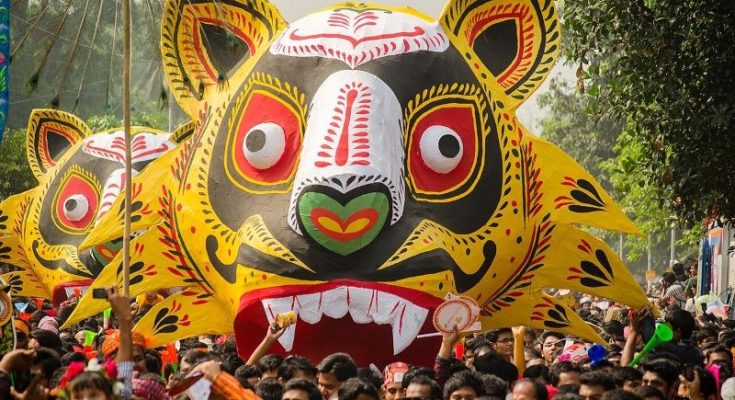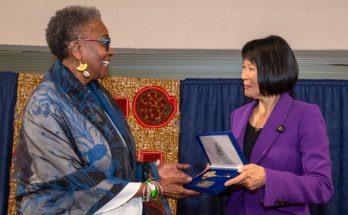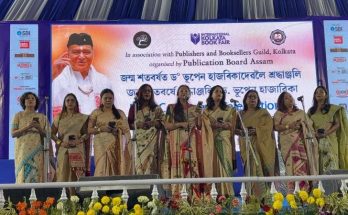#Dhaka University # Poila Baisakh # Poila Baisakh Motifs # Dhaka University # Bangladesh
IBNS-CMEDIA: Two ‘Poila Baisakh’ (Bengali New Year) motifs, which were created by Dhaka University’s Fine Arts faculty, have been set on fire with Bangladesh interim government member and director Mostofa Sarwar Farooki blaming former PM Sheikh Hasina’s cohorts for the act.
In a Facebook post, Farooki, adviser to the Ministry of Cultural Affairs, said: “After last night’s incident, Hasina’s friends have made it clear that they do not want the people of Bangladesh to unite and celebrate.
He said, “We are now more determined and will participate in larger numbers.”
“In the past few days, many supporters of the July Movement have said that this procession is the most inclusive and different. It is better not to have that ugly face of fascism here,” he said.
Targeting the ousted PM and her Awami League supporters, he said: “But after yesterday’s incident, the presence of this monster became more inevitable.”
Making a reference to the July-August uprising of 2024 that led to the ouster of Hasina-led government on August 5, 2024, Farooki said, “July is in motion.”
Also Read: I am coming, says ousted former PM Sheikh Hasina, vowing to ‘return’ to Bangladesh
The ‘Mongol Shobhajatra’ is an integral part of the Bengali New Year celebration in the South Asian country that witnessed a massive political transformation in 2024.
After Hasina escaped to India amid massive protests against her government, Bangladesh saw a rise in attacks against minorities and Awami League supporters.
Amid the rise of Islamic radicalism in the country, the ‘Mongol Shobhajatra’ has been renamed as ‘Anondo Shobhajatra’.
The announcement was made at a press conference held today (11 April) at the Faculty of Fine Arts of the University of Dhaka, which organises the annual procession, reported The Business Standard.
Earlier this year, Islamic radical group Hefazat-e-Islam had described Mongol Shobhajatra a “Hindu ritual” and urged the government to change its name.
Issuing a statement, the group had further alleged that the Mongol Shobhajatra is “flooded with idols and imagery of Hindu deities and animals,” which they argue is unacceptable in a secular setup.
“Secularists never object to this, but are quick to target Islamic symbols under the pretext of neutrality,” the statement read.
UNESCO Recognition
UNESCO had recognised the ‘Mongol Shobhajatra’ as an ‘Intangible Cultural Heritage of Humanity’.
Organized by students and teachers of Dhaka University’s Faculty of Fine Art in Bangladesh, the tradition aiming to promote inclusivity began in 1989.





